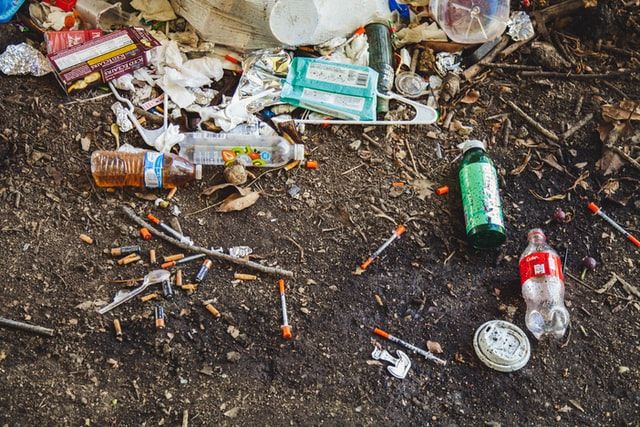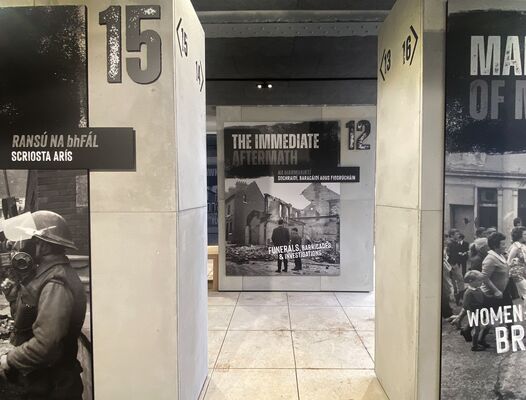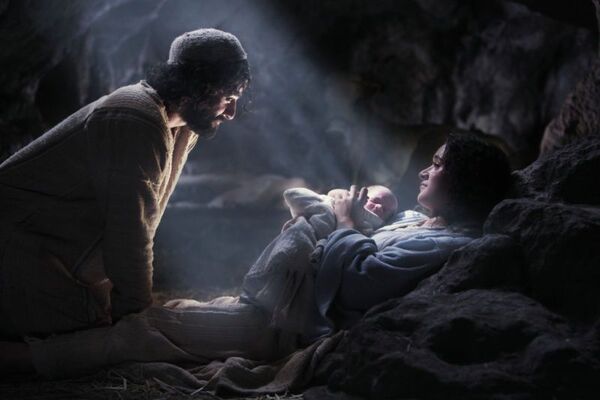SOME say that the Buddha was the first psychologist who taught through his own suffering that there was a way out.
His prescription was that first there is suffering, second there is the cause of suffering, third there is the acceptance of the cause, and fourth there is transformation through helping others.
This absolutely breaks my heart 💔 I wish there was help available for those willing to try. They are somebody’s son or daughter, people who have made a few bad decisions in their lives!
— Claire McLaughlin (@clairemcl82) July 22, 2022
Belfast: Fifteen drug-related deaths since June - BBC News https://t.co/nPNAJl3TUn
In my case I suffered addiction. When I accepted my addiction, I was able to transform my suffering into compassion for others, including myself.
I was saddened, as I’m sure our readers were, by the recent loss of life to addiction on our streets. My heart goes out to the families and friends of those whose loved ones died on our streets and to all those suffer from the disease of addiction. Addiction is the disease that tells us that we don’t have a disease, yet it leads to isolation and ultimately death, as we have witnessed.
In the words of global compassion authority Karen Armstrong: “A compassionate city is an uncomfortable city.”
I know it’s uncomfortable for me when I hear of sons, daughters, mothers, fathers dying through the disease of addiction. It’s uncomfortable for me when I see our streets being turned into an open asylum, like a ward in a psychiatric hospital.
I was reminded AGAIN today of the importance of meetings with fellow addicts when recovering. I can’t do this alone. #sobriety #sober #soberlife #aameetings #aa #RecoveryPosse #recovery #addiction #support pic.twitter.com/Sp0EJQA0w3
— soberhead.lovingheart (@sober_strength) July 27, 2022
The Buddha taught that nothing exists on its own, that we are interdependent beings. A good example is the tree which is the manifestation of the sun, moon, stars, clouds, soil, seed and rain.
Take any of these away and there is no tree.
I see this interdependency in my life everyday and will see it at work in the visit this week of my amazing friend Dr Jim Doty. He is coming all the way from Stanford University, California, to meet with people from our city and to launch a conference which will take place next year on the Neuroscience of Compassion.
I know that it was through others that we brought this about. I needed friends to help me organise.
I know that I could not have done this in isolation. I know that there are good folk around if we just reach out and ask.
Dr Doty himself writes about this in his best-selling book, Into the Magic Shop. In the book he tells us about his path out of suffering and brings the scientific insights of a neurosurgeon to our daily struggles.
I recommend that you should not only read this book but follow the path that leads us out of suffering.
We all suffer, but there is a way out, together.








